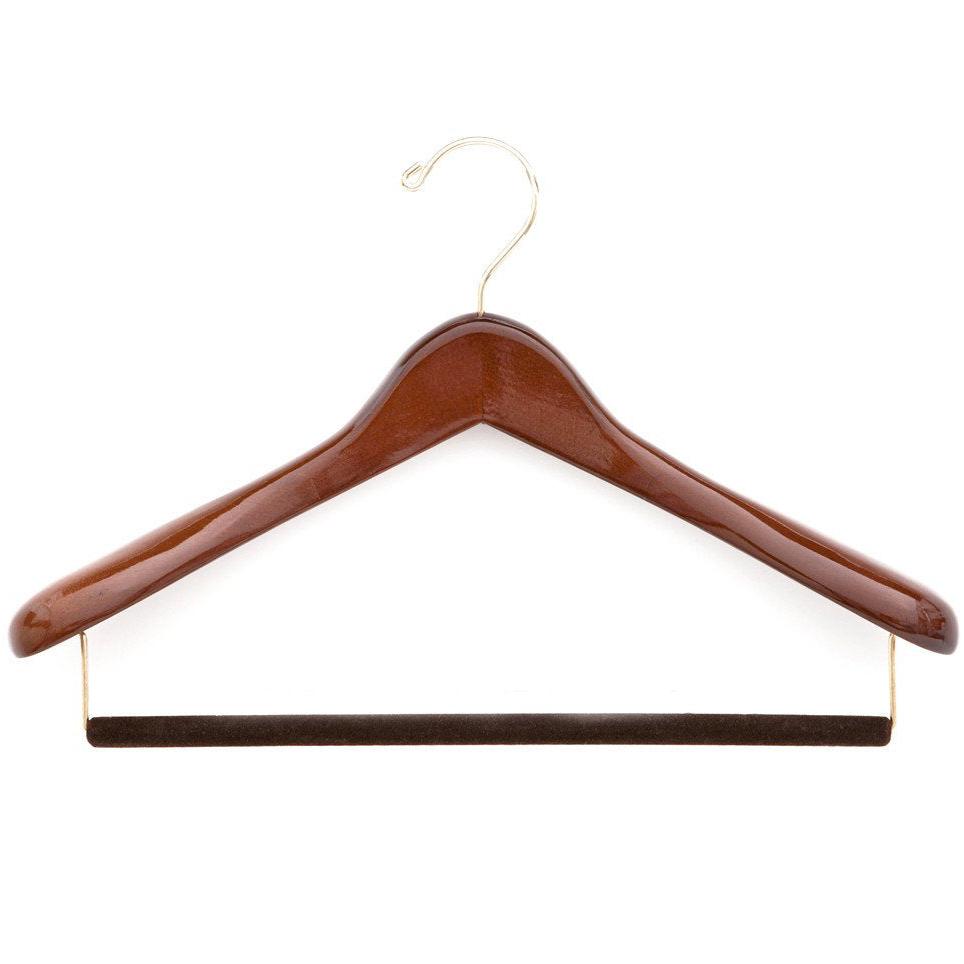swiego
Senior Member
- Joined
- Jun 3, 2006
- Messages
- 396
- Reaction score
- 71
Although I do my own ironing out of necessity (local launderers have destroyed too many shirts of mine) I don't particularly care for the effort. It takes me at least 15 minutes per shirt; I try to do it in front of the TV so the time does go fast, but it's still painful because many of my shirts just don't cooperate. Wrinkles don't iron out easily, or they come back quickly; I have to re-press some parts; some parts do not lay flat easily on the iron board, and so forth. Some shirts can be very frustrating.
But, I've noticed that a few of my shirts seem to defy the odds and iron very quickly and cleanly. It does not seem to follow a price point. I have a couple of Kiton ("Riva") and RLPL (cotton, no idea from where) that iron about as easily as ironing a no-iron shirt out of the washer. But my LP, Borelli, Brioni shirts are horrible to iron. The cheaper Ike Behars I have iron smoothly; the more expensive ones are terrible. The thicker, older Brooks Brother shirts also iron well while the newer thinner ones I have are usually a headache. To be honest, I haven't been able to discern a pattern; I have a lot of shirts but only enough to notice the above.
So, does anyone know what properties of a fabric (that is not "wrinkle-free" treated) allow it to become somewhat wrinkle-resistant and easy to iron? I would love to know how to identify a fabric that will wrinkle less and iron more easily so that I can take that into consideration when shopping.
But, I've noticed that a few of my shirts seem to defy the odds and iron very quickly and cleanly. It does not seem to follow a price point. I have a couple of Kiton ("Riva") and RLPL (cotton, no idea from where) that iron about as easily as ironing a no-iron shirt out of the washer. But my LP, Borelli, Brioni shirts are horrible to iron. The cheaper Ike Behars I have iron smoothly; the more expensive ones are terrible. The thicker, older Brooks Brother shirts also iron well while the newer thinner ones I have are usually a headache. To be honest, I haven't been able to discern a pattern; I have a lot of shirts but only enough to notice the above.
So, does anyone know what properties of a fabric (that is not "wrinkle-free" treated) allow it to become somewhat wrinkle-resistant and easy to iron? I would love to know how to identify a fabric that will wrinkle less and iron more easily so that I can take that into consideration when shopping.
Last edited:


![Lol8[1] :lol: :lol:](/styleforum_ads/smilies/lol8[1].gif)



